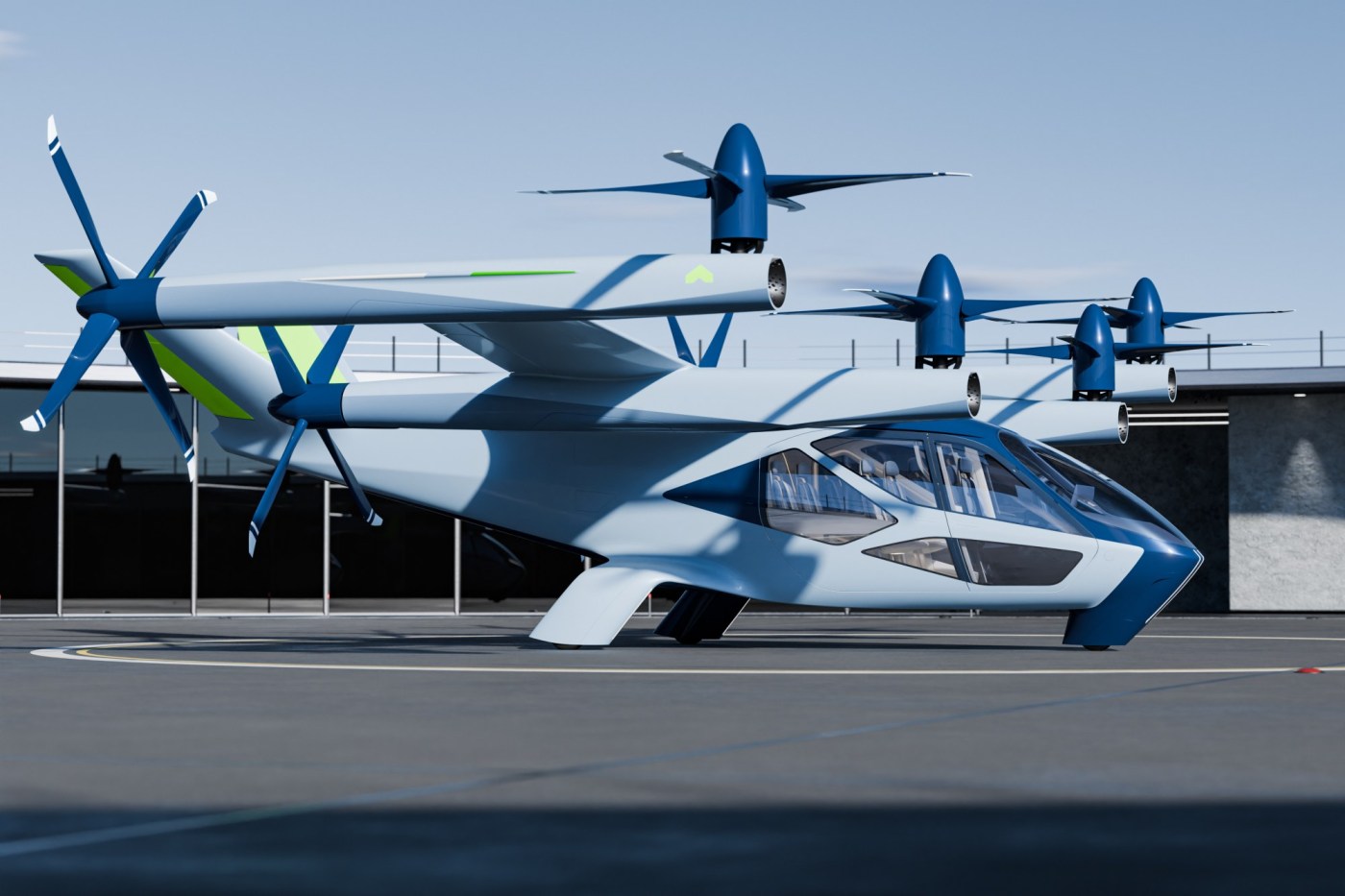Hyundai’s Supernal electric vertical takeoff and landing startup is cutting 10% of its workforce in California as it shifts toward certification of its aircraft and eventual production.
The company, which moved its headquarters to Irvine from Washington, D.C. two years ago, is cutting about 25 employees at Supernal’s Orange County operations along Laguna Canyon Road and Waterworks Way through Aug. 29, according to a filing made with the state’s Employment Development Department.
The company also is laying off 27 workers at its Fremont facility in the Bay Area, and a single employee at the company’s Mojave facility, where a demonstration flight test of Supernal’s electric air taxi technology is to take place later this year.
The layoffs, which began June 30, are expected to be permanent, the filing said. Following the cuts, Supernal will have 500 workers.
“The primary reason for this reduction in force is organizational realignment from the technology development phase to the product development phase of our business,” said Supernal spokesman Veronica Grigoriou. “The decision is not one we made lightly, and was undertaken after careful consideration of our roadmap, available resources, and goals for the remainder of the year.”
She said the company is actively working through a certification process for its technology with the Federal Aviation Administration, with the application process beginning in 2026, and a specific design of an aircraft — called “type certification” — expected for approval by 2028. “Our schedule has not been impacted by these changes.”
“Our production aircraft is slated to begin deliveries in the end of 2028,” Grigoriou said. The company has yet to determine a production site for its flying taxis.
Also see: California’s flying e-taxi business startups face daunting hurdles ahead of LA28 Olympics launch
The company conducted tethered flight tests in March but plans “untethered” tests at its Mojave facility later this year.
The layoffs follow last year’s hiring of a key NASA employee to develop a prototype.
In March 2024, Supernal named David McBride as chief technology officer. McBride, who formerly worked with NASA on several space missions with the space agency’s Flight Research Program, remains with the company.
In July 2023, Supernal LLC, which is South Korea automaker Hyundai Motor Group’s Advanced Air Mobility company, opened an engineering headquarters in Irvine to research a flying taxi.
The layoffs targeted a wide range of positions in order to “support [Supernal’s] long-term strategic goals and priorities,” according to a June 30 letter filed with the EDD by Hyunsik Kim, head of human resources with Supernal. Positions included battery cell test engineers, electrical and wiring manager, head of data, information technology coordinator, senior electric power distribution engineer, manager of intelligent flight and technical project coordinator.
The filings were made as part of the federal Worker Adjustment and Retraining Notification Act — commonly referred to as WARN, which are required when an employer lays off more than 50 employees. All affected employees are notified at least 60 days before their terminations are scheduled to occur, according to Kim.
Electric taxi concepts lift off vertically and don’t need a runway, creating a niche for air travel in a crowded urban landscape. Once these aircraft take off in the air — like a helicopter — their engines and propellers tilt to fly like an airplane.
Supernal isn’t the only manufacturer working on an electric flying taxi.
Others include San Jose-based Archer Aviation, Santa Cruz-based Joby Aviation and Mountain View-based Wisk Aero, a subsidiary of aerospace giant Boeing Co.





